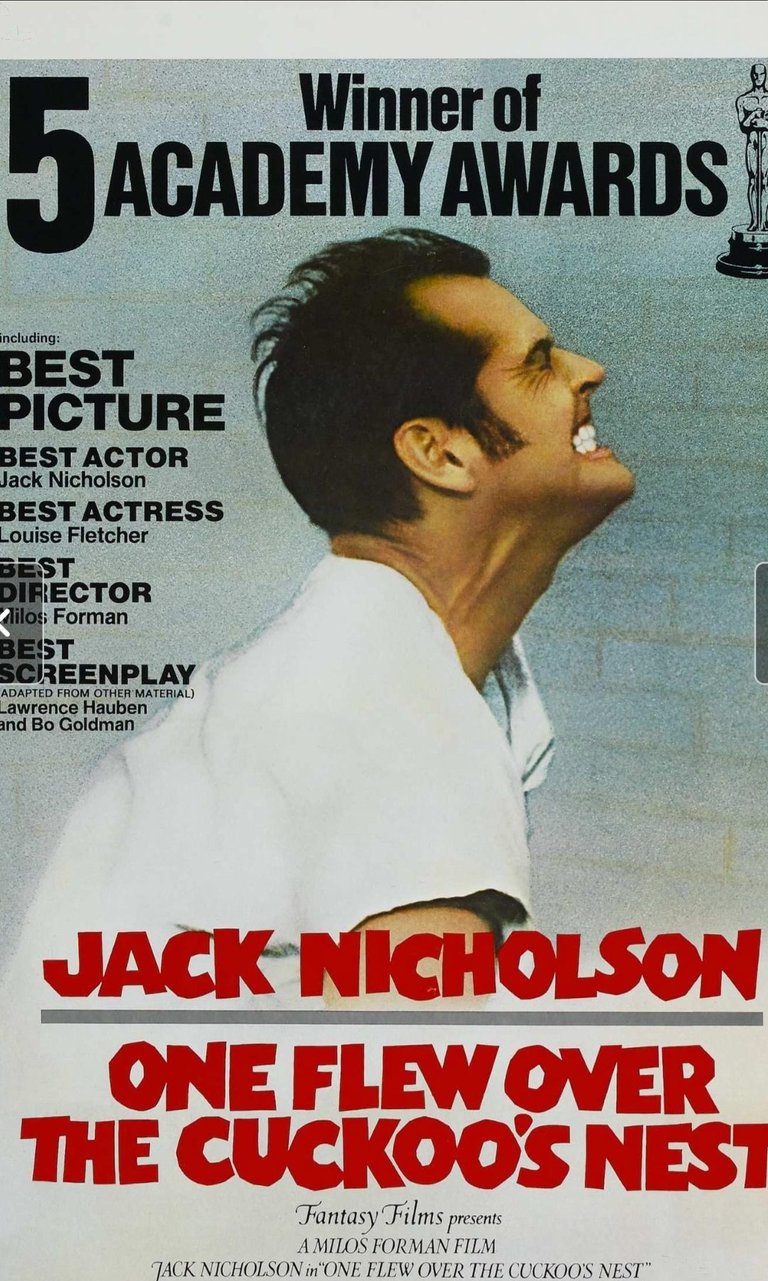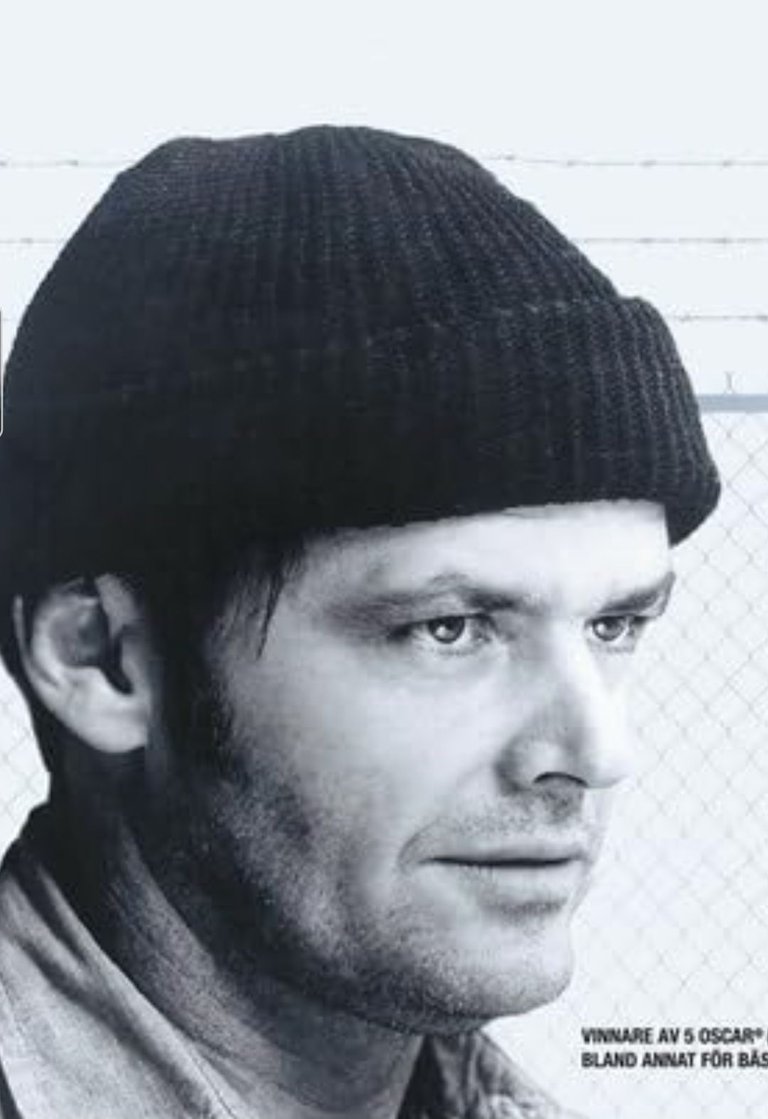source
In the 1960s, the so-called "mentally ill," whom we now refer to as "individuals with psychological difficulties," were confined to hospital-like facilities that we might describe as "asylums." These asylums were places of suffering and inhumanity. The conditions for psychiatric patients within these structures were often terrible; they were crammed into cramped spaces and deprived of their dignity and fundamental human rights.
The psychological suffering was exacerbated by the fact that individuals were deprived of their freedom without any right to defend themselves or reply. In fact, those who dared to rebel were often subjected to hallucinatory and coercive treatments, such as segregation using straitjackets, "restraints," and electroconvulsive therapy (commonly known as electroshock).
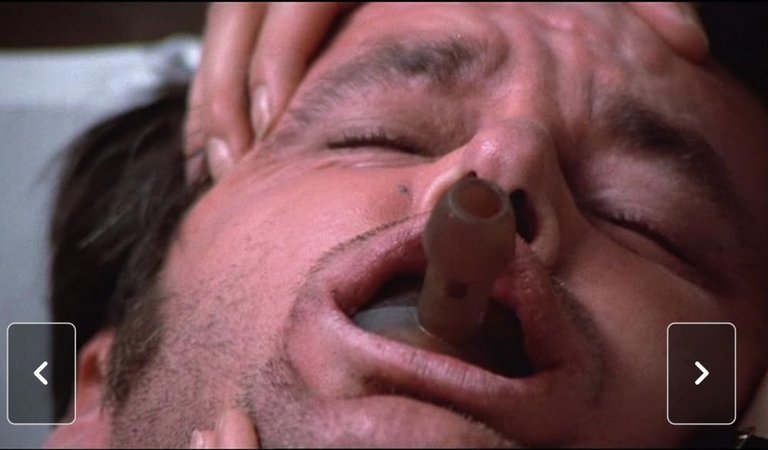
source
These institutions did not only confine people with psychological suffering but also other vulnerable categories of society deemed dangerous. Among them were homeless individuals, petty criminals, prostitutes, homosexuals, and alcoholics—individuals who were not necessarily "mad" and not necessarily compelled to be confined.
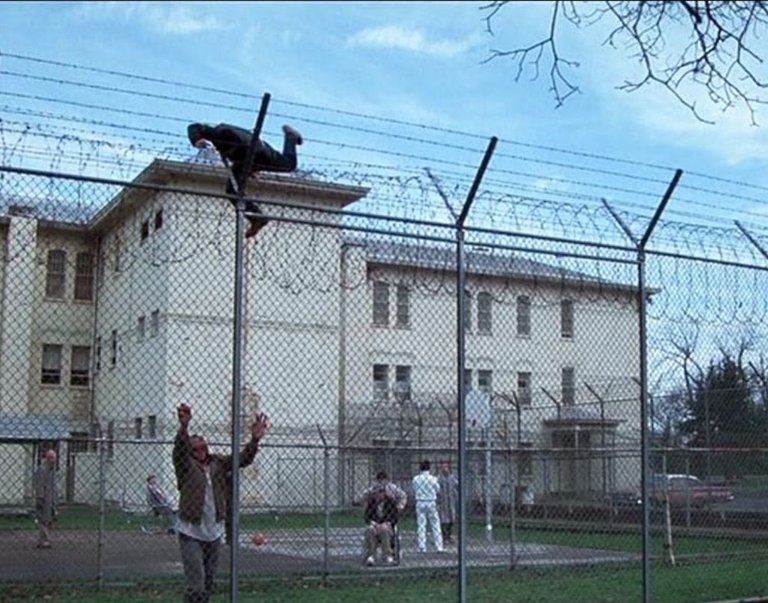
source
"One Flew Over the Cuckoo's Nest" is a powerful example of this horror. It is a 1975 film directed by the late filmmaker Miloš Forman, based on the novel of the same name by Ken Kesey, which was published in 1962. Kesey wrote the book following his experience as a volunteer at the Veterans Administration Hospital in Palo Alto, California.
The film made history by addressing a very delicate topic: the distress present in state psychiatric hospitals, denouncing the inhumane treatment reserved for patients housed in such facilities. It explores the theme of mental illness and is one of only three films in cinema history to win the so-called Big Five at the Oscars: Best Picture, Best Director, Best Actor, Best Actress, and Best Adapted Screenplay. In 1993, it was selected for preservation in the National Film Registry of the Library of Congress in the United States. The film offers a dark view of the American psychiatric system, using the tragicomedy genre to depict a real problem of that era.
The title "One Flew Over the Cuckoo's Nest" may seem strange, but it is emblematic and derives from a children's nursery rhyme. Although not mentioned in the film, this rhyme is present in the novel from which the film was adapted. The rhyme sheds light on the origin of this popular saying:
The cuckoo, a bird that does not build its own nest but uses others', symbolizes society. It deposits eggs (the mentally ill) in the nest (the asylum) and then isolates them. In other words, the title evokes the idea of individuals being "placed" in a controlled environment, like the cuckoo's nest, without real autonomy or escape possibilities.
The story focuses on Randle McMurphy (portrayed by the great Jack Nicholson), a Korean War hero who, arrested for minor offenses, feigns mental illness to be admitted to a psychiatric hospital and avoid prison. However, life inside the hospital is so harsh and coercive that it awakens his rebellion against authority and the oppressive system embodied by Nurse Ratched (played by Louise Fletcher, who delivers a powerful and unforgettable performance).
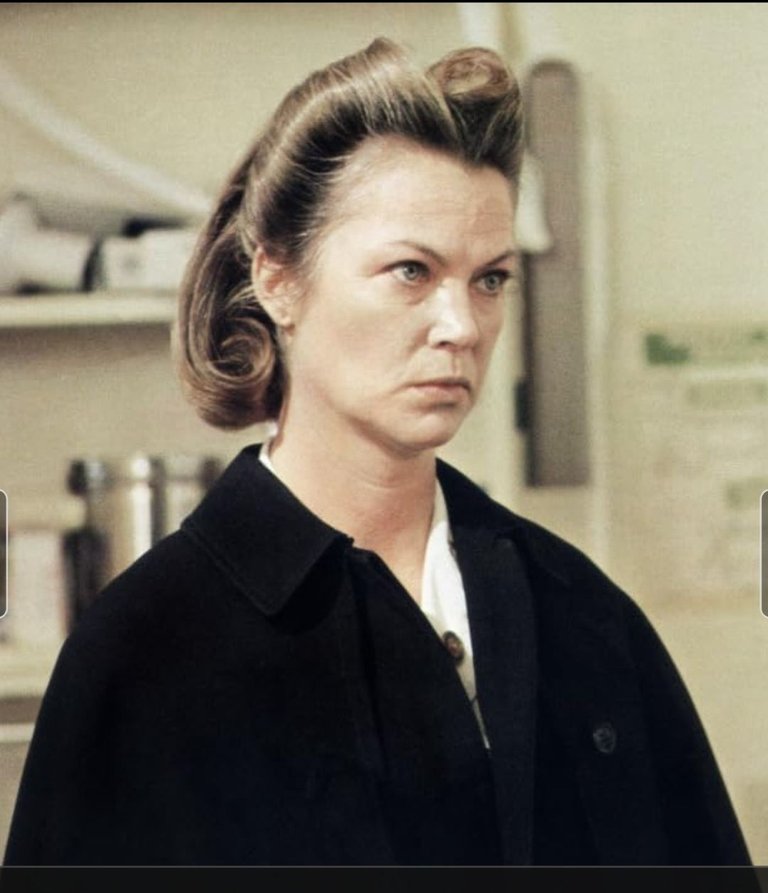
source
McMurphy's intelligence and vitality make him charismatic in the eyes of the weaker and oppressed patients, and he becomes their "leader," encouraging them to rebel against the system. Despite his roguish nature, McMurphy genuinely cares for the other patients, involving them in games, urging them to express themselves, and defending them. He becomes a beacon of light in their dark world.
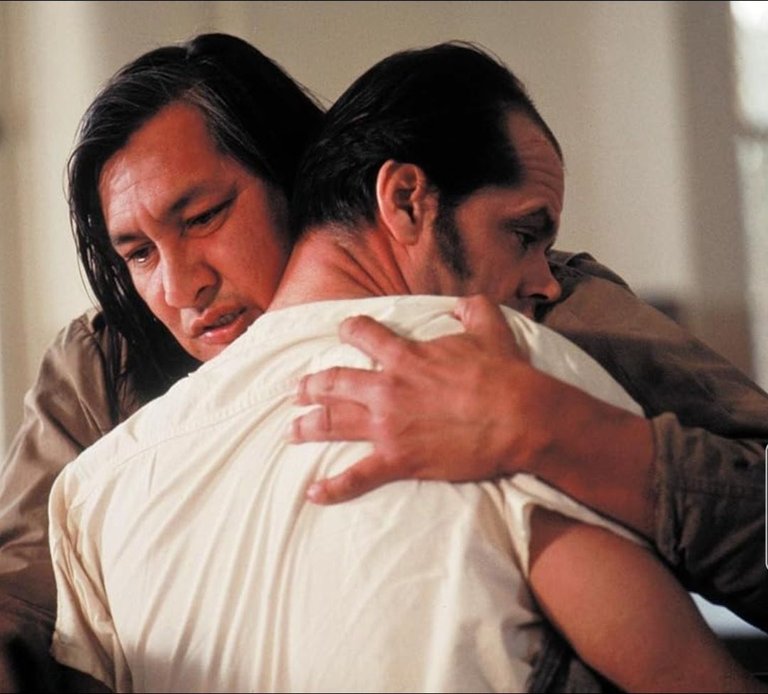
source
One Flew Over the Cuckoo's Nest is a film that deserves to be seen at least once in a lifetime because it tackles profound themes such as freedom, rebellion, madness and humanity. It is a perfect blend of drama, comedy, and pathos, and it stands as a masterpiece that provides a deep insight into the human psyche.
Thank you for reading!
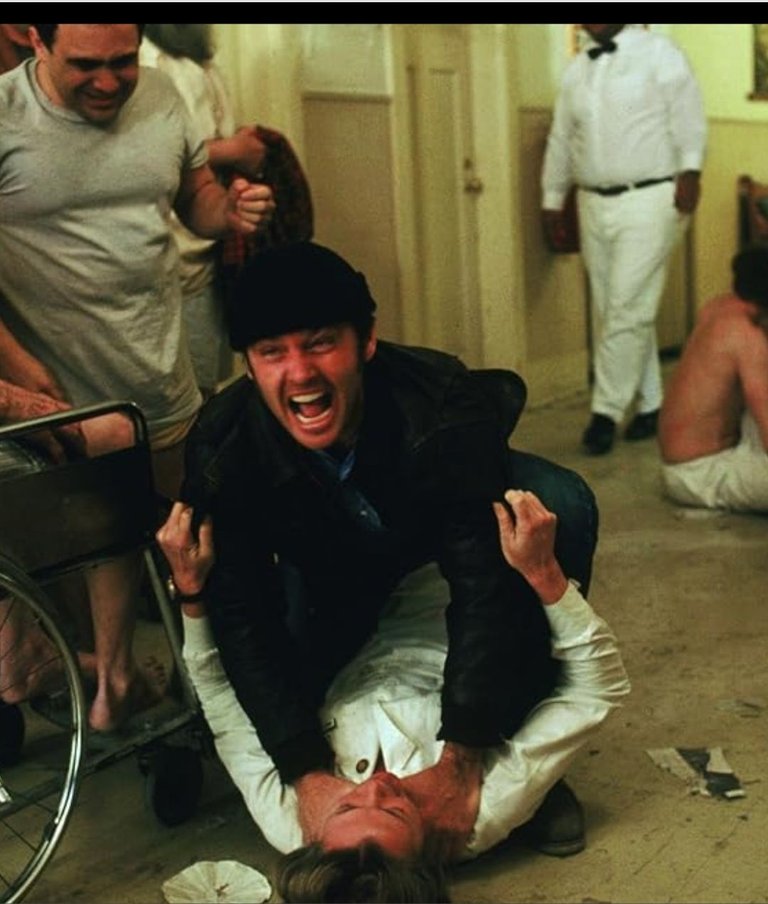
watch the trailer source trailer: IMDb.com
Posted Using InLeo Alpha
